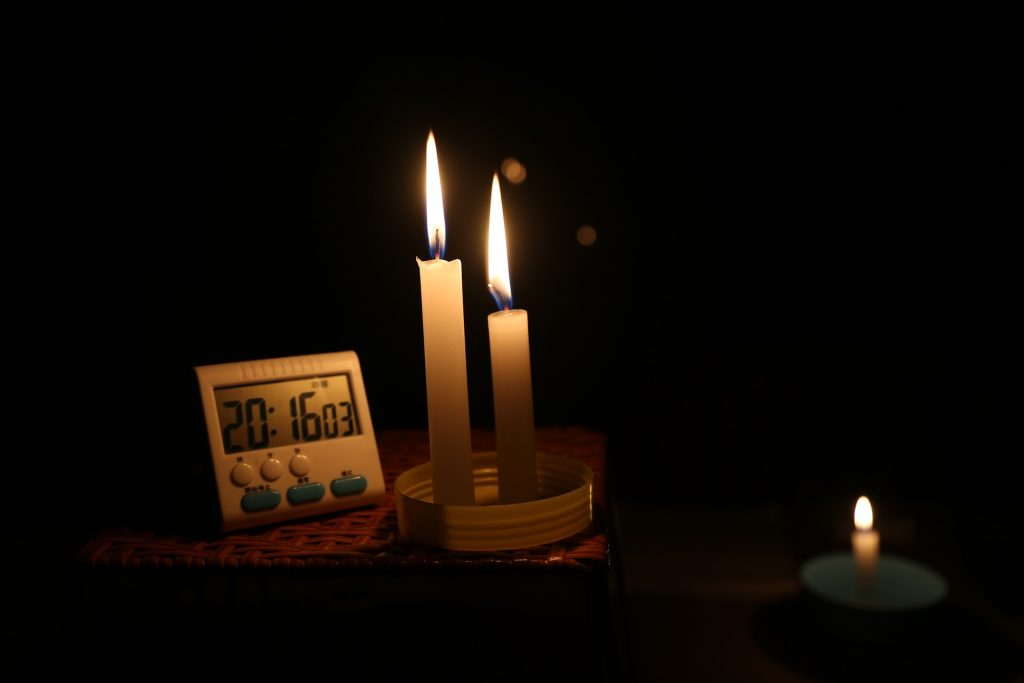Power outages can strike unexpectedly due to storms, grid failures, or maintenance work. While short-term outages are inconvenient, prolonged blackouts can pose serious challenges for homeowners. Being prepared can make all the difference in keeping your home and family safe during a power outage.
Common Causes of Power Outages
Understanding why outages occur can help homeowners prepare accordingly:
- Severe Weather: High winds, lightning, ice storms, and hurricanes can damage power lines.
- Equipment Failures: Aging infrastructure or overloaded circuits can lead to power loss.
- Animal Interference: Birds, squirrels, and other animals can damage electrical systems.
- Accidents: Vehicle collisions with utility poles may disrupt power supply.
- Planned Maintenance: Utility companies may schedule outages for repairs or upgrades.
How to Prepare for a Power Outage
Being proactive can reduce the impact of an outage and keep your household safe:
- Stock Emergency Supplies
- Flashlights and extra batteries
- Portable power banks for charging devices
- Battery-powered or hand-crank radio for news updates
- Non-perishable food and bottled water (at least one gallon per person per day)
- First-aid kit and necessary medications
- Invest in Backup Power
- A portable generator can provide temporary power, but should always be used outdoors to prevent carbon monoxide poisoning.
- Uninterruptible Power Supply (UPS) devices can keep essential electronics running briefly.
- Prepare Your Home
- Install surge protectors to safeguard appliances.
- Keep refrigerators and freezers closed to preserve food longer.
- Have a manual can opener available for non-perishable food.
What to Do During a Power Outage
- Stay Informed: Use a battery-powered radio or mobile alerts to get updates.
- Conserve Power on Devices: Use phones sparingly to extend battery life.
- Keep Warm or Cool: Use blankets in winter and stay hydrated in summer to regulate body temperature.
- Avoid Opening the Fridge: A full refrigerator can keep food cold for about 4 hours, while a freezer can maintain temperature for 24-48 hours.
- Unplug Electronics: Prevent damage from power surges when electricity is restored.
Safety Precautions
- Use Generators Safely: Always operate generators outdoors and away from windows to prevent carbon monoxide poisoning.
- Beware of Downed Power Lines: Never approach or touch fallen power lines; report them to your utility company immediately.
- Check on Neighbors: The elderly and those with medical conditions may need assistance.
What to Do When Power is Restored
- Gradually turn on appliances to avoid overloading circuits.
- Check food safety—discard perishable items if temperatures exceeded 40°F for more than two hours.
- Reset clocks, alarms, and security systems.
Final Thoughts
Power outages can be disruptive, but with proper preparation, homeowners can minimize risks and stay safe. By having an emergency plan in place and keeping essential supplies ready, you can confidently navigate unexpected blackouts and protect your home and family.


Recent Comments